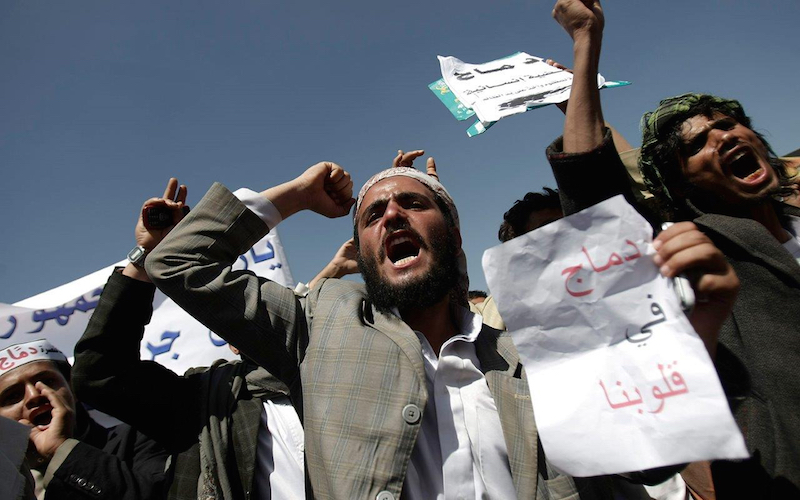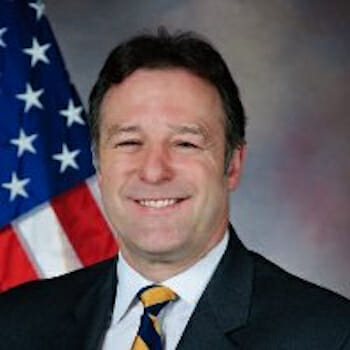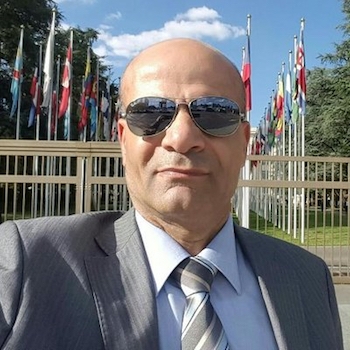
What Future Awaits Yemen?
The February 6th Houthi declaration further complicates Yemen’s crisis and possibly dashes hopes for the future of democracy, stability and prosperity. Hopes born from the revolution of 2011 culminated in a National Dialogue Conference (NDC) which had promised to deliver the wishes of the people.
Unfortunately, Yemen has gradually deteriorated; the Houthis have seized territory and in so doing have imposed themselves upon many neighboring governorates in the north of Yemen; in September last year they occupied the capital Sana’a. A Peace and National Partnership Agreement was signed to cease Houthi expansion and to refocus Yemen on the NDC. But typical for Yemen, parties reneged on the deal and squabbled about implementation measures, particularly security.
The result was a culminating point; President Hadi pressed for a referendum on the draft Constitution – which divides Yemen into six federal states – and on 19 January 2015 the Houthis occupied the presidential palace to stop the draft constitution at which stage President Hadi and his government resigned.
Political parties in Yemen are now negotiating to seek a political solution under the watchful eye of United Nations’ Special Envoy, Dr. Jamal Benomar. The Houthis have now unilaterally announced a Constitutional Declaration and are taking power in Yemen; this presents four potential possibilities for the future:
- Civil War: If the Houthis persist with their declaration the existing internal conflict will further deteriorate into an unlimited civil war. Thus Yemen will become another Libya or Syria.
- Two Yemens: If the division continues among the parties, it seems likely that they will solidify and polarize to avoid further conflict with the Houthi group in the north and the others centered in the south representing a return to pre-unification in 1990.
- Retreat: The Houthis may retreat if a good deal looks likely and/or they lose their nerve based on international pressure.
- Political Solution: Dr. Jamal Benomar appears to have convinced all parties, including the Houthis, to stay in dialogue and negotiation to find a political and peaceful solution. The Houthis may be beyond the point of no return now and it may equally be difficult for the other parties to sit with them in dialogue. But hopefully reason will prevail and the parties will realize that all the above scenarios make them all losers.
The international community, neighboring and regional actors (particularly Saudi Arabia) and the media still have a significant role to play. In particular the media can help by keeping the debate focused on the tribes and not allowing the conflict to spill over through references to Sunni-Shia or Arab-Iran complexities. Yemeni do not think this way, but if they hear that narrative it can quickly become adopted which would shift the existing conflict into more dangerous territory.
Saudi Arabia sees the Houthis as an extension of Iran and are thus wary of their southern border and will act to protect it. Al-Qaeda on the Arabian Peninsula (AQAP) is exploiting the weakness of governance and increasing its activities despite its pitched battles with the Houthis. This may account for why the West appears reticent to take decisive action against the Houthis. A time might come when the West considers a Houthi Yemen better than an AQAP Yemen.
Amid negotiations, Yemen remains a poor country with high unemployment, poverty, malnourished youth and illiteracy. With the ongoing conflict the situation will deteriorate. Yemen is surviving on foreign aid, particularly from Saudi Arabia. Without aid, Yemen will fall into the abyss. Above all, the parties must take a serious look at their actions and the implications. They must stop focusing on their personal interests and focus on Yemen’s national interests. Politics is the only way forward. The children of Yemen deserve better.
The views expressed in this article are those of the authors alone and do not represent the official policy or position of the UAE National Defense College, the UAE, U.S. or Lebanese Government.


